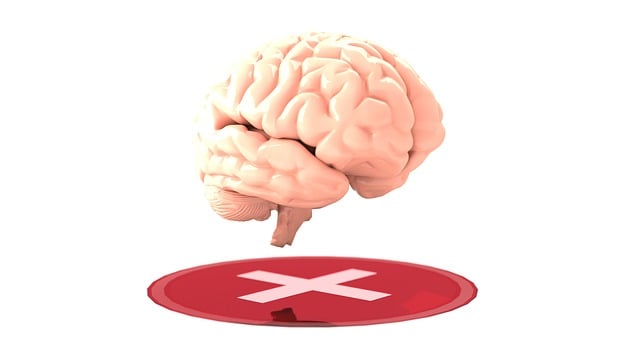Lafayette Children Therapy employs robust risk assessment tools and management strategies to protect both clients and therapists. These include focusing on facility security, confidentiality, tailored risk responses, therapist wellness through journaling and resilience training, and comprehensive screening/coaching programs. Empathy-building and open communication are key to accurate risk identification and improved therapeutic relationships. Ultimately, these strategies aim to enhance client outcomes and mitigate risks in high-stress work environments.
In the dynamic field of mental health, risk assessment is a cornerstone of effective practice. For professionals at Lafayette Children’s Therapy, understanding and implementing robust risk assessment strategies are paramount for ensuring client safety and delivering quality care. This article delves into the essentials of risk assessment in mental health, highlights key factors to consider, and offers practical strategies for Lafayette Children’s Therapy to manage risks and foster a secure therapeutic environment.
- Understanding Risk Assessment in Mental Health Practice
- Key Factors to Consider for Lafayette Children's Therapy
- Implementing Effective Risk Management Strategies
Understanding Risk Assessment in Mental Health Practice

Risk assessment is a crucial component of mental health practice, enabling professionals to identify and mitigate potential hazards within their work environment. For entities like Lafayette Children Therapy, this process involves a thorough evaluation of various factors that could negatively impact patient outcomes. It encompasses not only external risks but also internal, subjective elements, such as the therapist’s own mental state and stress levels. By integrating self-awareness exercises into their routine, mental health professionals can better understand their triggers and emotional responses, thereby enhancing their ability to manage high-risk situations effectively.
The importance of risk assessment cannot be overstated, especially considering the demanding nature of mental wellness podcast series production. Therapists are often exposed to intense emotions, sensitive information, and complex client dynamics. Regular risk assessments allow professionals to proactively address potential burnout, secondary trauma, or ethical dilemmas that may arise during treatment. Through these evaluations, they can create safer therapeutic environments, fostering better patient-therapist relationships and ultimately contributing to improved mental wellness.
Key Factors to Consider for Lafayette Children's Therapy

When conducting a risk assessment for Lafayette Children’s Therapy, several key factors demand meticulous consideration. First and foremost, the therapeutic environment must prioritize the safety and well-being of both young clients and their caregivers. This includes ensuring secure facilities, robust confidentiality protocols, and comprehensive risk management strategies tailored to address potential challenges unique to child therapy, such as trauma disclosures or sudden behavioral shifts.
The mental wellness of therapists themselves is another critical aspect. Encouraging open dialogue about emotional experiences through Mental Wellness Journaling Exercise Guidance can help professionals process complex cases and prevent burnout, a prevalent concern in the field. By integrating Mind Over Matter Principles, Lafayette Children’s Therapy can foster resilience among its staff, enabling them to effectively guide children and families toward lasting mental health improvements while mitigating personal risks associated with high-stress work environments.
Implementing Effective Risk Management Strategies

Implementing effective risk management strategies is paramount for mental health professionals, such as those at Lafayette Children Therapy, to ensure client safety and maintain ethical practices. These strategies should encompass a multi-faceted approach, including rigorous screening and assessment processes to identify potential risks early on. By integrating Mental Wellness Coaching Programs Development and Public Awareness Campaigns Development, professionals can foster an environment that promotes open communication and encourages clients to disclose any concerning behaviors or thoughts.
Moreover, Empathy Building Strategies play a pivotal role in risk assessment. Developing strong empathetic connections allows therapists to better understand their clients’ experiences and perspectives, enabling more accurate interpretations of behavior. This nuanced approach not only enhances the therapeutic relationship but also facilitates proactive interventions should risks emerge. Through these comprehensive strategies, mental health professionals can navigate complex situations with confidence, ultimately contributing to improved client outcomes.
Mental health professionals, especially those at Lafayette Children’s Therapy, must consistently assess and manage risks to ensure safe and effective practice. By understanding key risk assessment factors and implementing robust strategies, therapists can create a secure environment for both clients and themselves. Continuous evaluation and adaptation of these practices are essential to navigate the complex nature of mental health work, ultimately fostering healthier outcomes and a more resilient therapeutic setting.












